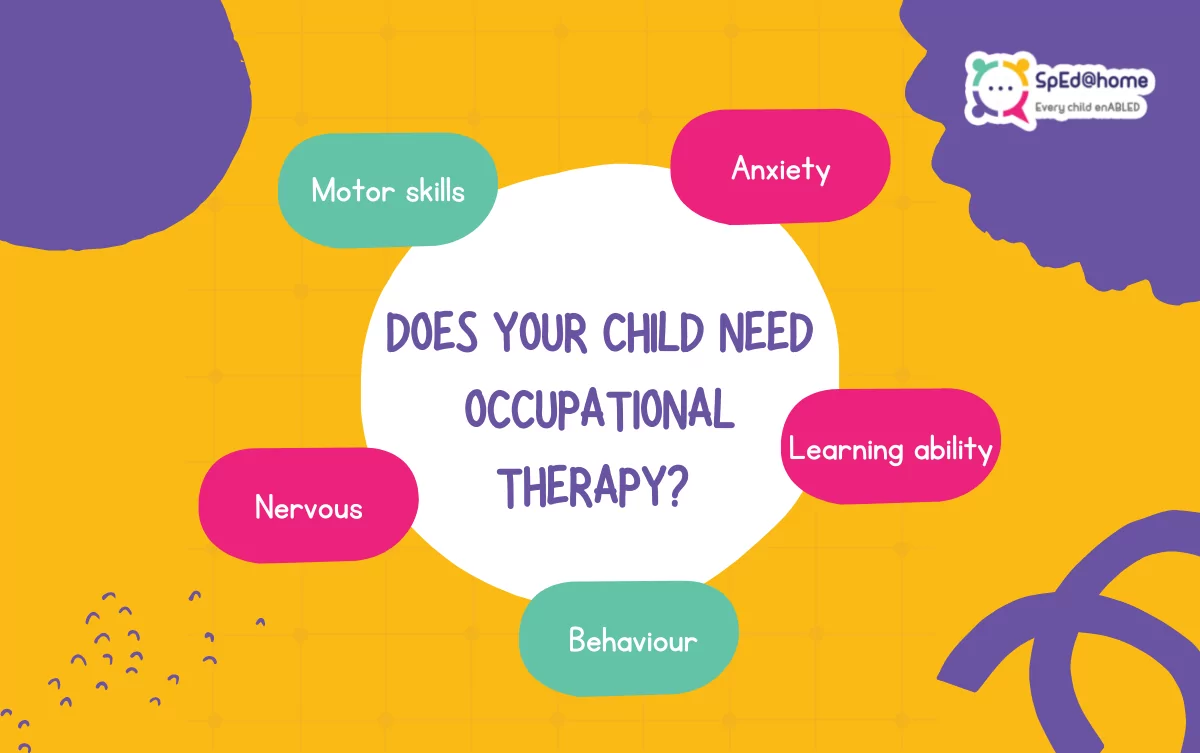Early intervention assessment for speech and language delay
Early communication skills are the foundation for a child’s learning, social development, and emotional well-being. An early intervention assessment for speech and language delay helps identify children who may struggle with understanding, expressing, or using language effectively. Timely evaluation ensures that appropriate strategies and therapies are implemented, allowing children to develop strong communication skills that support academic and social success.
What Is a Speech and Language Delay?
A speech and language delay occurs when a child’s communication skills develop later than expected compared to age norms. Delays may affect:
- Expressive language: Difficulty expressing thoughts, needs, or ideas verbally
- Receptive language: Challenges understanding words, instructions, or questions
- Speech clarity: Problems pronouncing sounds or forming words correctly
- Social communication: Difficulty taking turns in conversation, understanding non-verbal cues, or responding appropriately in social interactions
Early identification is critical, as delays can impact reading, writing, and social skills if left unaddressed.
Signs Your Child May Need an Assessment
Parents should consider an assessment if a child shows:
- Limited vocabulary or difficulty forming sentences for age
- Trouble following directions or understanding questions
- Inconsistent speech clarity or pronunciation issues
- Difficulty engaging in conversation with peers or adults
- Frustration or behavioral challenges related to communication struggles
Observing these signs early ensures children receive timely interventions that support ongoing development.
Importance of Early Intervention
Early intervention focuses on addressing delays as soon as they are identified. Benefits include:
- Improving communication skills before school entry
- Supporting cognitive and social-emotional development
- Reducing frustration and behavioral issues
- Enhancing overall learning outcomes
The earlier a child receives support, the more effectively therapy can address gaps and promote success.
How an Early Intervention Assessment Works
- Parent Interview: Specialists gather information on developmental milestones, communication patterns, and daily routines.
- Observation: The child is observed in natural settings or during structured activities to assess speech and language skills.
- Standardized Testing: Age-appropriate tools measure vocabulary, comprehension, articulation, and social communication.
- Report and Recommendations: A detailed report provides a clear understanding of the child’s strengths and challenges, along with personalized intervention strategies.
Tools and Techniques
Specialists may recommend:
- Speech therapy exercises for articulation and fluency
- Language development activities to enhance vocabulary and comprehension
- Parent-guided activities to reinforce learning at home
- Technology-assisted programs for interactive learning
Final Thoughts
An early intervention assessment for speech and language delay is vital for setting a strong foundation for communication, learning, and social interaction. By identifying delays early, parents and specialists can implement personalized strategies that help children reach their full potential. With timely support, children can develop the confidence, skills, and abilities they need to succeed both academically and socially.


